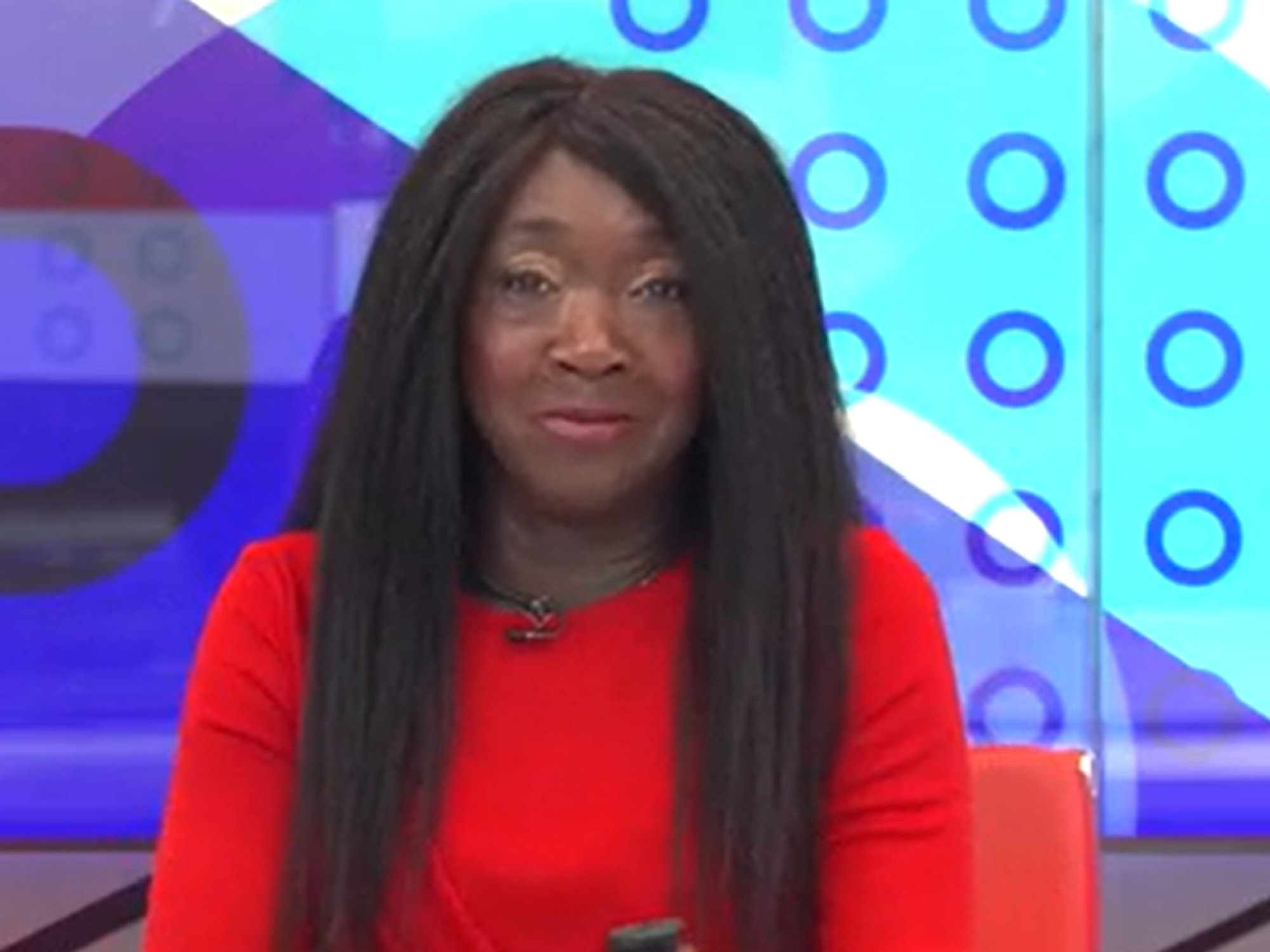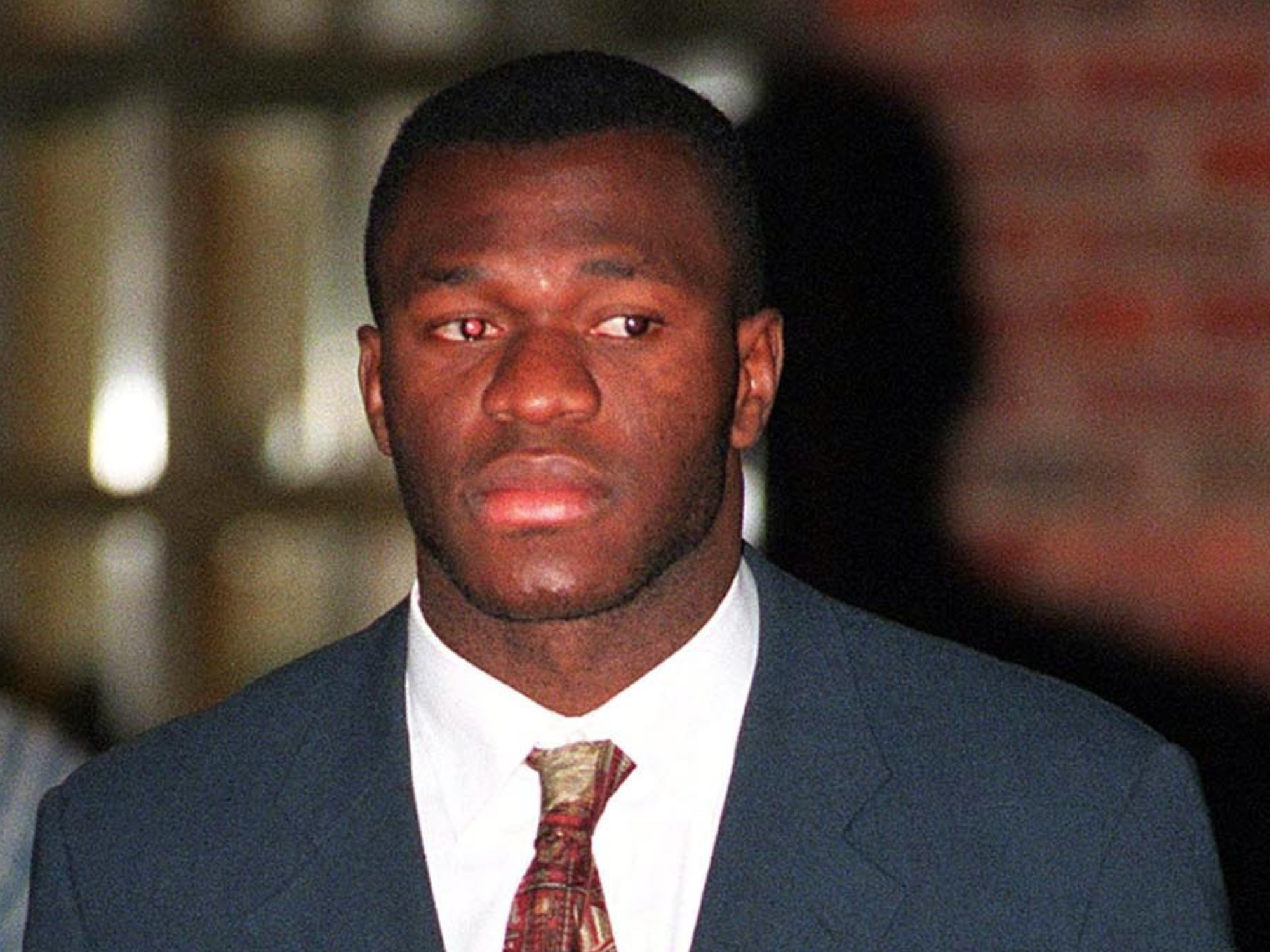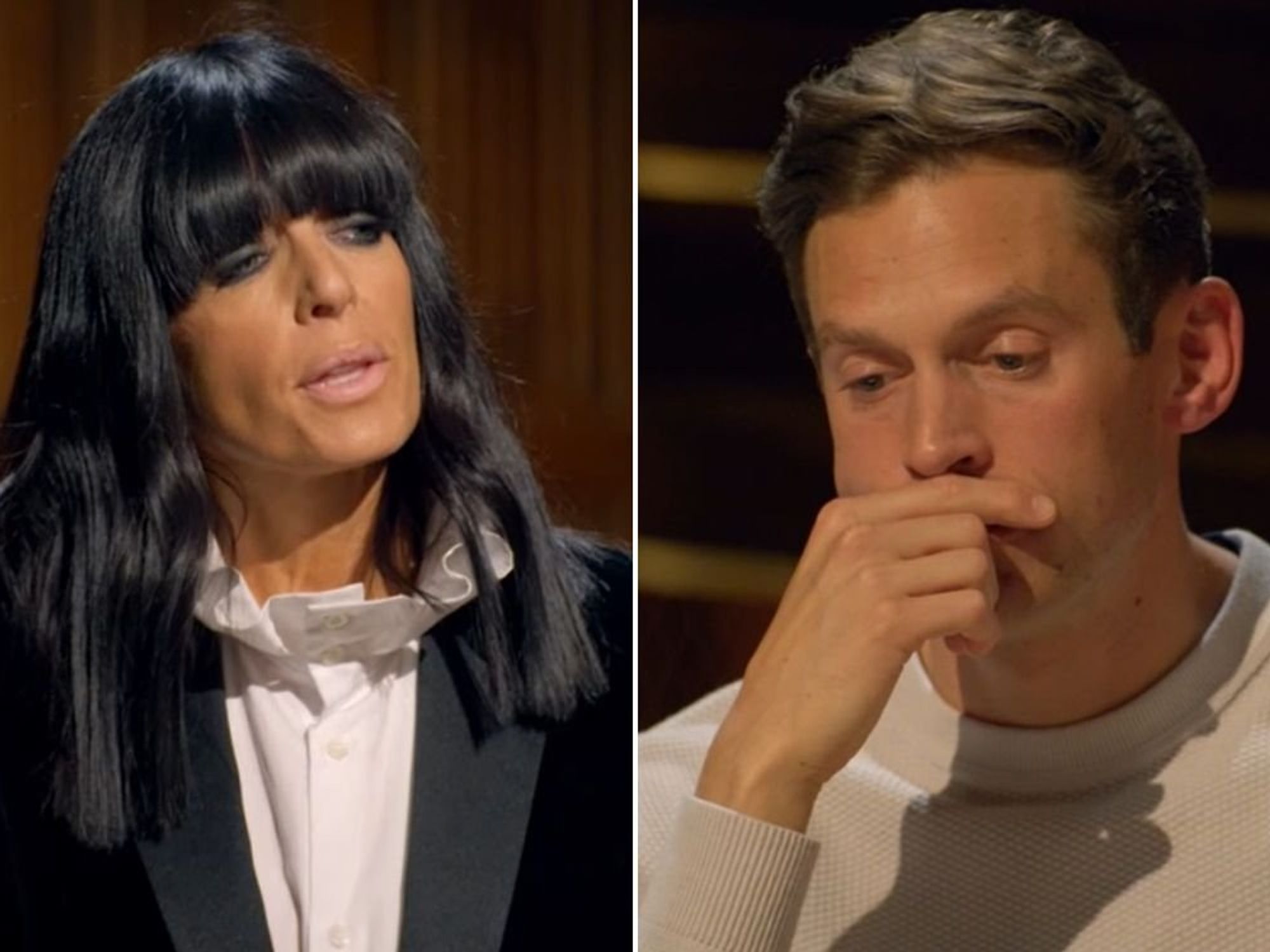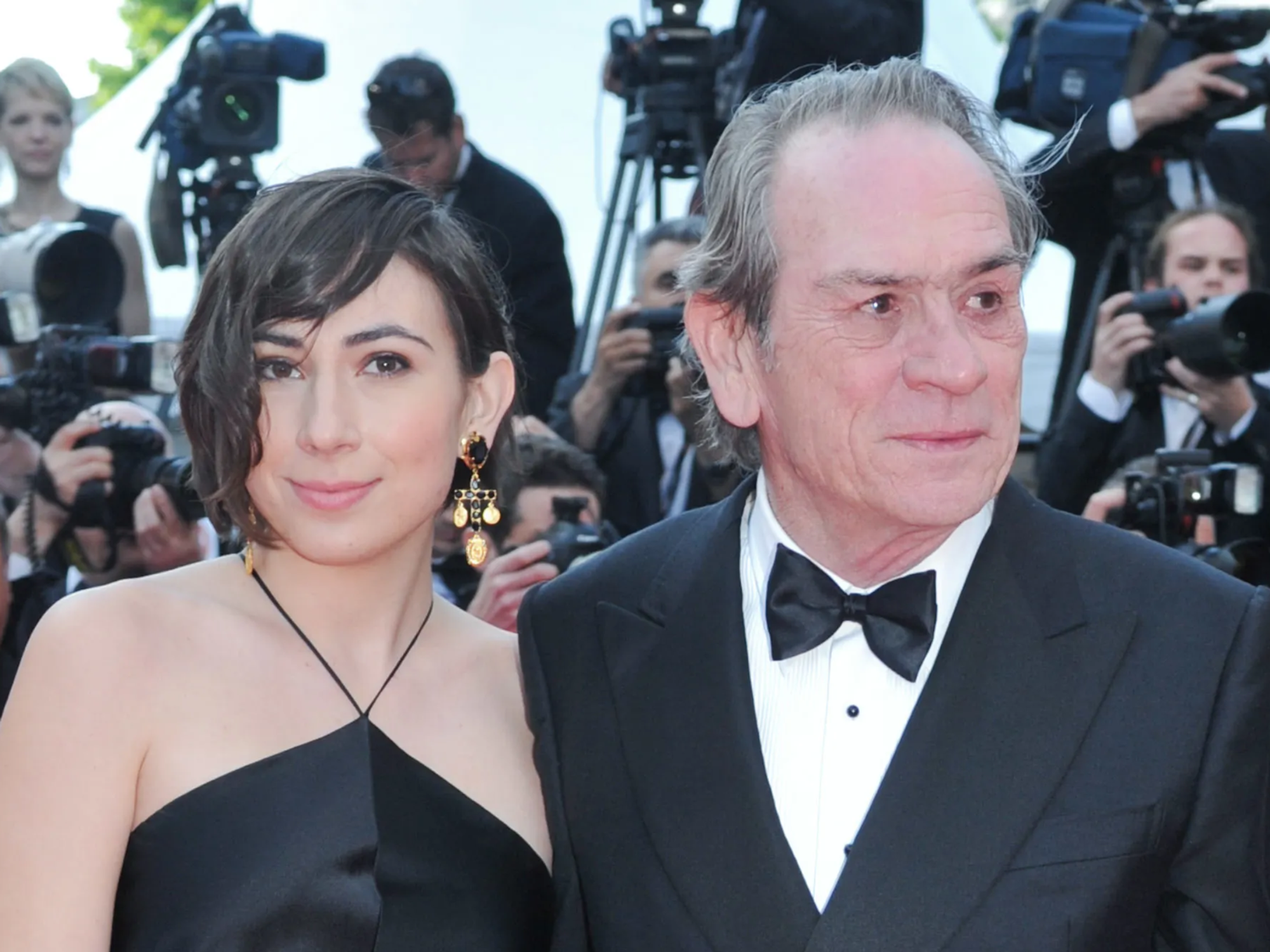Richard Tice blasts BBC bias over Israel-Hamas war: 'It's an absolute disgrace!'
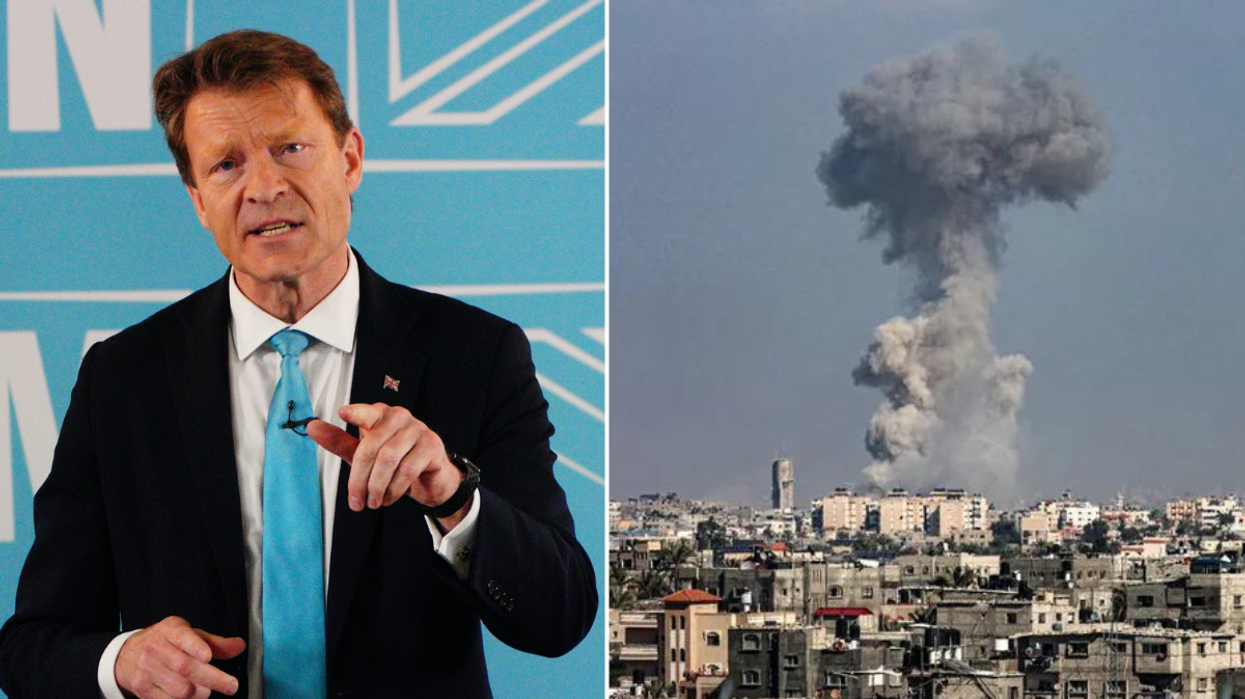
A team of around 20 lawyers and 20 data scientists contributed to a report on BBC coverage of the Israel-Hamas war
|PA/ Getty
A report into the corporation's output found the BBC breached guidelines 1,500 times
Don't Miss
Most Read
Latest
The BBC has breached its own editorial guidelines more than 1,500 times during the Israel-Hamas war, according to a new report.
The research, led by British lawyer Trevor Asserson, found a "deeply worrying pattern of bias" against Israel.
Deputy Leader of Reform UK and MP for Boston and Skegness described the findings as an "absolute disgrace" and called for BBC bosses to resign or be "forced out."
Tice wrote on X: "BBC bias in favour of Hamas proven. What an absolute disgrace. Bosses must resign or be forced out."
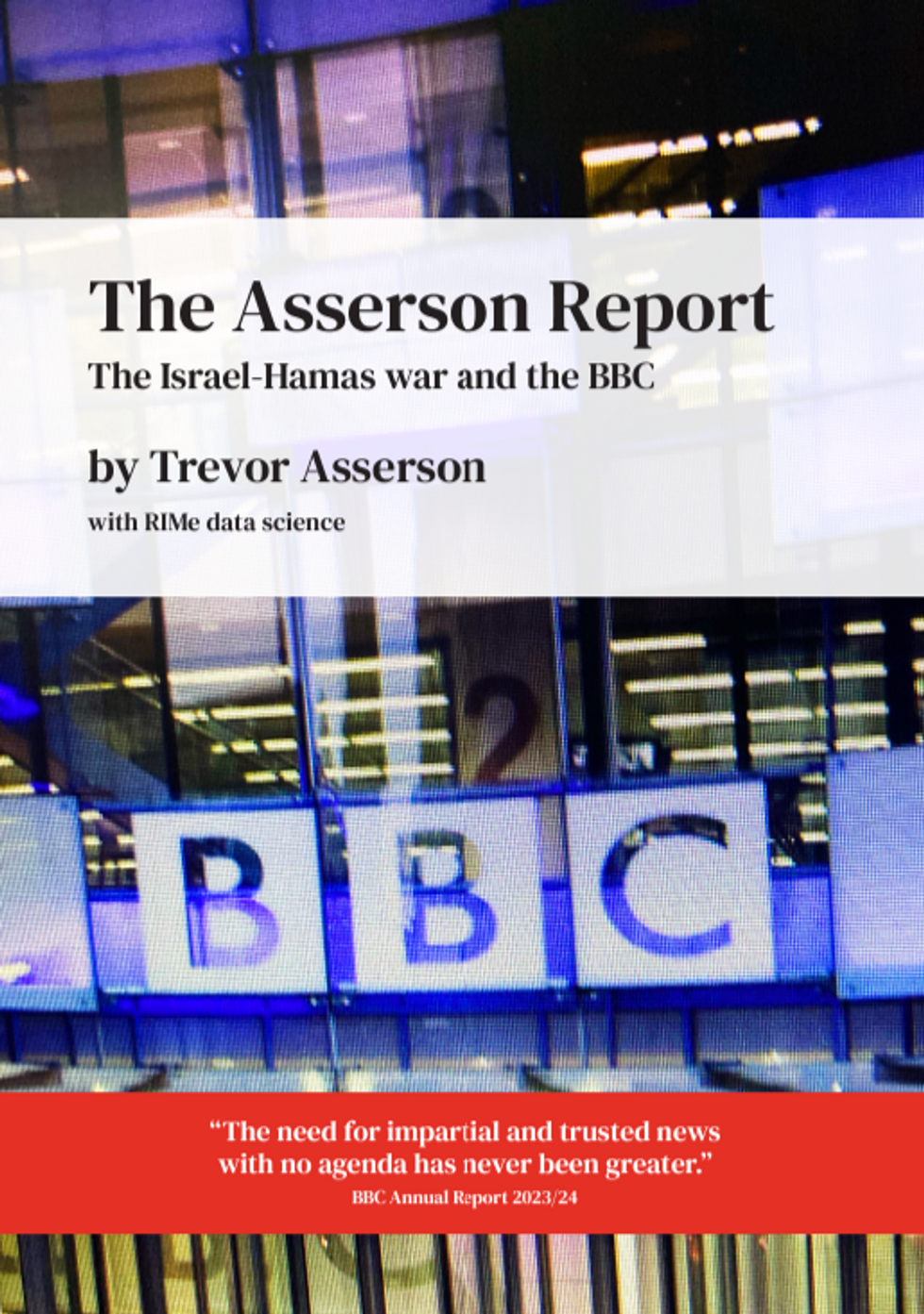
The Asserson Report found over 1,500 examples of the BBC breaching its own editorial guidelines
|Asserson
The Asserson report analysed four months of the BBC's output across television, radio, online news, podcasts and social media.
It also found that Israel was associated with genocide 14 times more than Hamas in the corporation's coverage of the conflict.
A former BBC executive Danny Cohen also warned that there was an "institutional crisis" at the BBC and called for an independent inquiry into its coverage of the Israel-Hamas war.
A team of around 20 lawyers and 20 data scientists contributed to the research for the report, which used artificial intelligence to analyse nine million words of BBC output.
The report analyses the BBC's coverage over four months, beginning on October 7, 2023 - the day Hamas carried out a brutal attack on southern Israel, killing around 1,200 people and taking 251 people into Gaza as hostages.
Two leading Jewish groups, the Campaign Against Antisemitism and the National Jewish Assembly also voiced their concerns calling for an independent review.
Furthermore, Lord Austin, a former Labour minister, accused the BBC of "high-handed arrogance" for continuously dismissing questions directed at the broadcaster about its impartiality.
Researchers found a total of 1,553 breaches of the BBC's editorial guidelines, which included impartiality, accuracy, editorial values and public interest.
The report said: "The findings reveal a deeply worrying pattern of bias and multiple breaches by the BBC of its own editorial guidelines on impartiality, fairness and establishing the truth."
It also claimed that some BBC journalists have previously shown sympathy for Hamas and even celebrated its acts of terror at times.
One of these journalists includes BBC Arabic contributor Mayssaa Abdul Khalek, who is said to have called for "death to Israel" and defended a journalist who tweeted: "Sir Hitler, rise, there are a few people that need to be burned.”
The report also accuses Marie-Jose Al Azzi, a Lebanese reporter, of being anti-Israel after reportedly describing the country as a “terrorist apartheid state” in a post that was afterwards deleted.
The BBC's Arabic channel was singled out as one of the most biased of all global media outlets in its reporting on the Israel-Hamas conflict.

Richard Tice described the BBC bias as an "absolute disgrace"
|X
LATEST FROM MEMBERSHIP:
- Expat in Spain names 'picturesque' town with 'delightful' locals
- Get FIVE free entries to the Great British Giveaway when you become a GBN member in September
- England's most capped star explains how football has drastically changed over the years
It identified 11 cases where the report claims the BBC Arabic's coverage of the war featured reporters who have previously made public statements in support of terrorism and Hamas, without viewers being informed of this.
Researchers also analysed the BBC's coverage to asses the portrayal of war crimes.
It said: "Hamas members filmed and publicised themselves committing acts which appear to constitute war crimes," which included the taking of hostages, wilful killing or murder, torture and inhuman treatment and rape or sexual violence.
However, the report found that BBC coverage associated Israel with war crimes four times more than Hamas (127 versus 30), with genocide 14 times more (283 versus 19) and with breaching international law six times more (167 versus 27).
The BBC has said it will "carefully consider" the report, however, a spokesperson for the corporation added it had "serious questions" about the report's methodology.
A BBC spokesperson said: “We have serious questions about the methodology of this report, particularly its heavy reliance on AI to analyse impartiality, and its interpretation of the BBC’s editorial guidelines. We don’t think coverage can be assessed solely by counting particular words divorced from context.
"We are required to achieve due impartiality, rather than the ‘balance of sympathy’ proposed in the report, and we believe our knowledgeable and dedicated correspondents are achieving this, despite the highly complex, challenging and polarising nature of the conflict."





